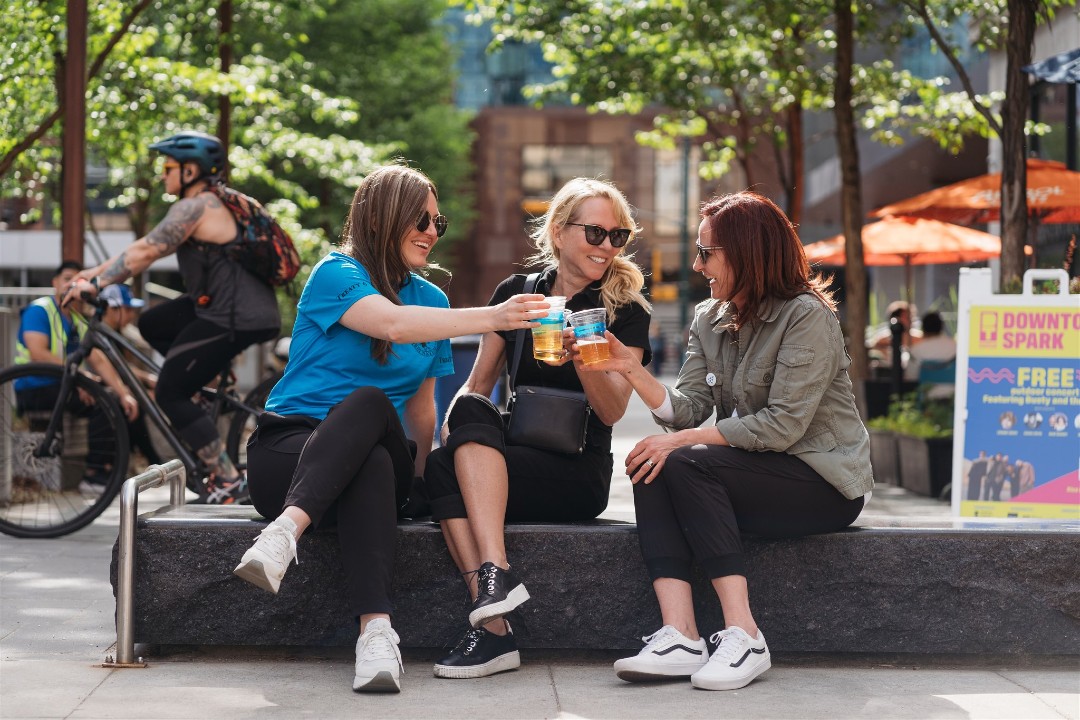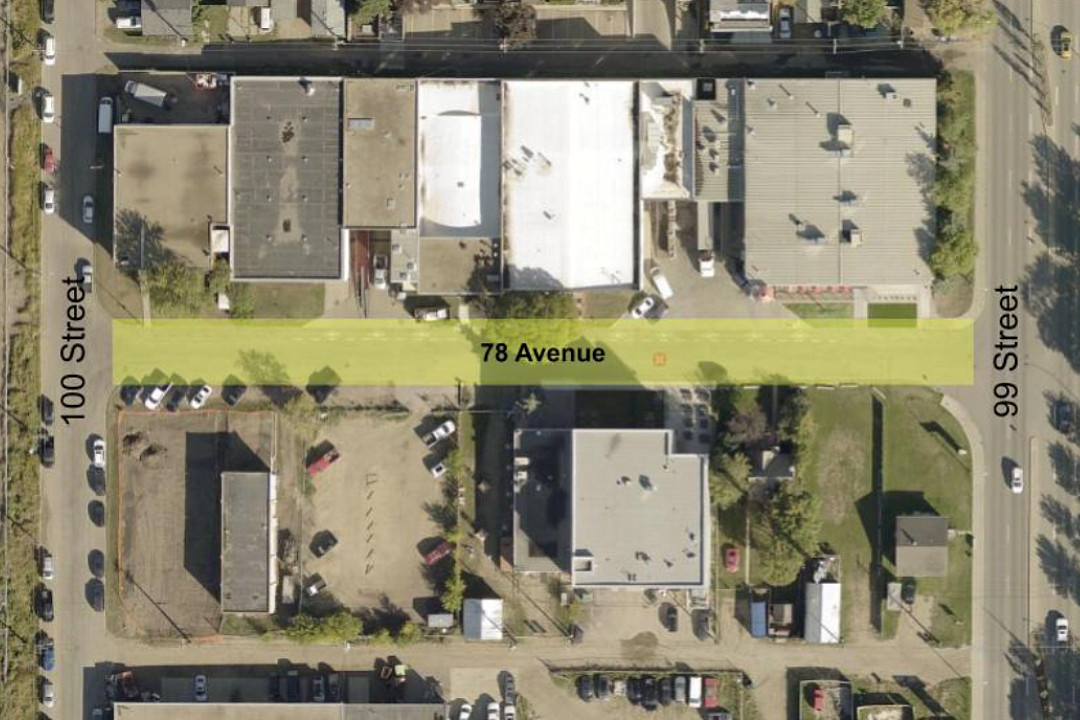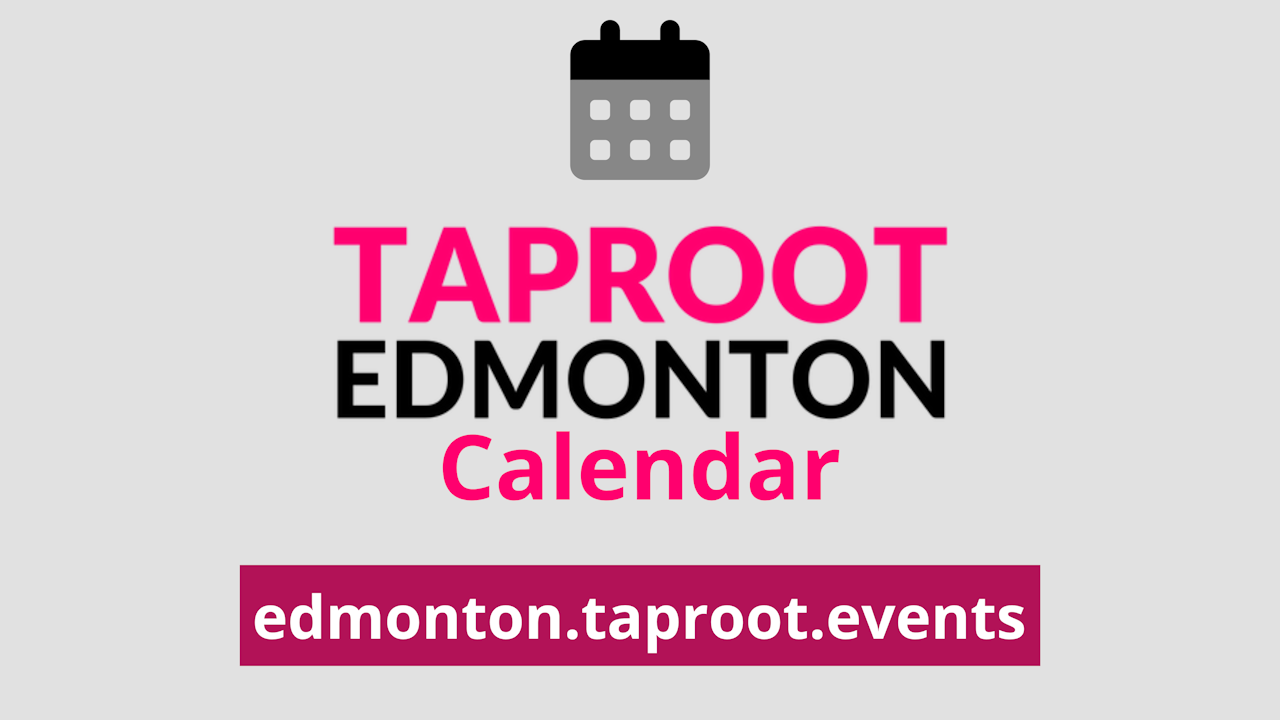
City chose single-use plastics for its entertainment districts despite bylaw and concerns
The City of Edmonton requires patrons in its entertainment districts downtown to use single-use plastic cups despite the concerns of its operating partner and its own efforts to reduce single-use plastics through a dedicated bylaw, Taproot has learned.
The Edmonton Downtown Business Association expressed its concerns about plastic cups being required and used at the districts before the 2024 pilot on Rice Howard Way, executive director Puneeta McBryan said via email.
The city did not heed those concerns.
Daniel Kielback, the senior waste policy planner for waste services at the City of Edmonton, said in an emailed response to Taproot's questions that entertainment districts are exempt from the single-use item reduction bylaw that went into force in July 2023.
Most Edmontonians probably know the bylaw, which 45% of respondents to a city survey described as unreasonable, because it stipulates that retailers and hospitality operators must charge customers at least $0.25 for disposable bags and $2 for reusable bags, rather than hand out free plastic ones.
For beverages, Edmonton's bylaw stipulates that most restaurants must use reusable cups for dine-in service and have a written policy to accept reusable cups brought in by customers, Kielback said.
The downtown business association oversees the entertainment districts on Rice Howard Way and 104 Street on behalf of the city. McBryan said via email that the association "discussed our concerns about the creation of plastic waste through these cups with City staff in 2024, but ultimately we have and will continue to follow their direction."
McBryan added that it was the city that picked plastic cups, as opposed to a compostable alternative, to meet the budget for the pilot run of an entertainment district on Rice Howard Way in 2024.
The City of Edmonton did not mention the budget in its statement despite Taproot asking about it.
The single-use plastic cups are used for alcoholic beverages that visitors purchase at bars and restaurants within entertainment districts, which they can then consume in the street — a change from standard rules meant to encourage vibrancy.







